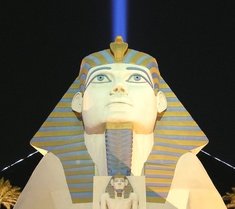Featured Quizzes
User Quizzes
Create Quiz
Data and Charts
Badges and Games
About JetPunk
JetPunk Shop
Dark Mode

General Knowledge Quiz #18
Can you answer these random trivia questions?
Rate:
Featured Quiz
Last updated: September 3, 2018
You have not attempted this quiz yet.
More quiz info >>
| First submitted | October 27, 2011 |
| Times taken | 252,932 |
| Average score | 65.0% |
| Rating | 4.27 |
5:00
Enter answer here:
0
/ 20 guessed
Time Used
00:00
Best Time
00:00
The quiz is paused. You have remaining.
Scoring
You scored / = %
This beats or equals
% of test takers
also scored 100%
The average score is
Your high score is
Your fastest time is
Keep scrolling down for answers and more stats ...
|
New and Popular
Save Your Progress
General Knowledge
Quiz series by Quizmaster
...
Copyright H Brothers Inc, 2008–2024
Contact Us | Go To Top | View Mobile Site

I miss it frequently.
https://en.wiktionary.org/wiki/running_flush
The plural of quantum in Latin is quanta.
Since it's an English word, no matter which language it originated from, its plural form follows the rules of the English grammar.
Else-wise, the plural of the word 'metaphor' would be, as in Greek, 'metaphorai'. But that's not the case, because that way we would have to find every time the origin language of every word and form the plural based on that language's grammar rules. But that's not the case in any language. Much less in English.
Ex. the plural of goose isn't gooses, it's geese. The plural of mouse isn't mouses, it's mice. (on the other hand, the plural of house is houses, not hice).
English plurals are a weird bunch, and saying they follow the "rules of English grammar" is very much incorrect
The real naming is after winds.
There is the Gulfstream (Golfstrom in German), Polarstream, Jetstream (VW Jetta), in southern italy is the scirorro, the VW Passat after the trade winds in the tropics (Passatwinde in German), the VW Bora after the Wind in the adreatic sea (e.g. in Croatia)